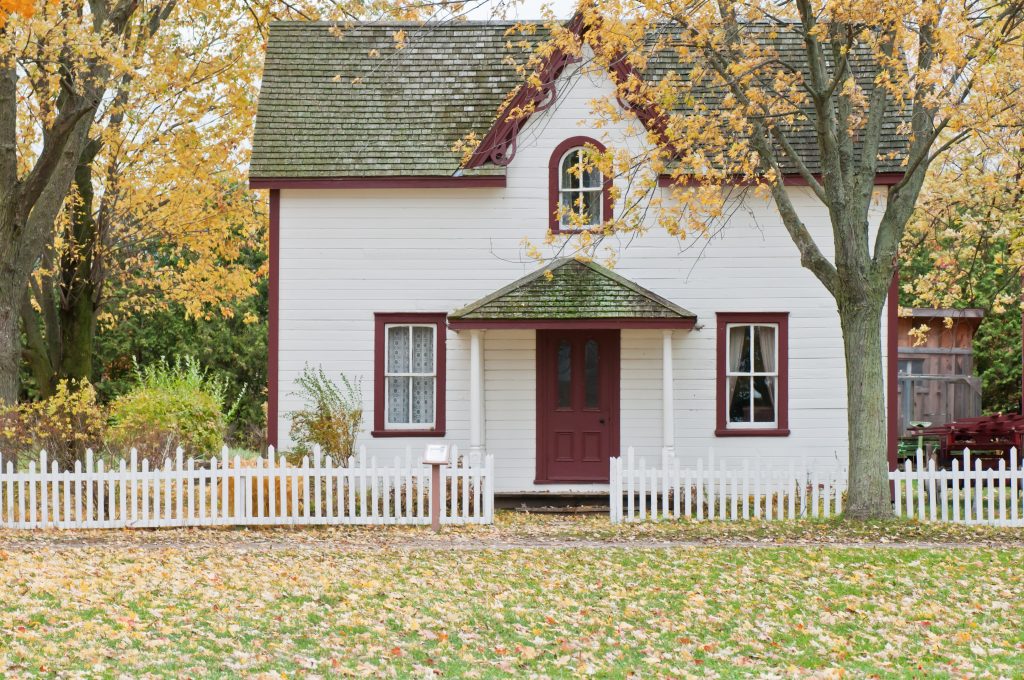Buying a Home With Others: What to Know

A recent article discusses a growing trend of millennials buying a home with others. The reasons for doing so make complete sense, given rising home prices and a competitive buyer’s market.
Here, I’ll discuss some things to consider before making such a decision.
Buying a Home With Others: What Happens When Someone Wants Out?
The most important thing to know about buying a home with others is what happens when one of the owners wants out. Dividing property among married persons is done through a divorce case. For non-married persons, the process is different.
Understanding this process is important for those who are considering buying a home with others. One of the key differences, in my experience, when non-married persons buy property together is the length of time each wants to own the property.
It is not unusual, in such cases, for one owner to want “out” of the property, due to financial or personal reasons. This is a very common circumstance when friends own a home together.
What happens when one owner of a jointly owned home wants out? The rule of thumb in Massachusetts (and in most other states) is that any owner has a right to sell a property that they own with someone else.
If the owners cannot work this out on their own, any owner can file a court case to divide the property, known as partition.
Practical Implications for Buying a Home with Others
In a partition case, a court will usually either (1) allow one of the owners to “buy out” the other owner’s share of the home or (2) order the home for sale, and divide the proceeds among the owners. The process can be expensive, and often requires attorney and real estate broker fees.
It is critical for anyone buying a home with others to understand this right to partition. If any owner wants to sell the property, the property can (and will) be sold.
Because a partition case can be filed anytime, there are some risks for owning a home with someone else.
For example, it often takes a number of years after buying a home to build sufficient equity to make a home sale financially viable, given the many upfront costs associated with purchasing a property. If a partition case occurs in the immediate years after the home purchase, there is a real possibility that the property owners may lose money, if forced to sell the property.
This isn’t to say that buying a home with others is always a bad idea. The point, however, is that those considering such a purchase need to understand what happens if one owner wants to sell.
Conclusion
If you need assistance with a real estate matter, contact me for a consultation.
